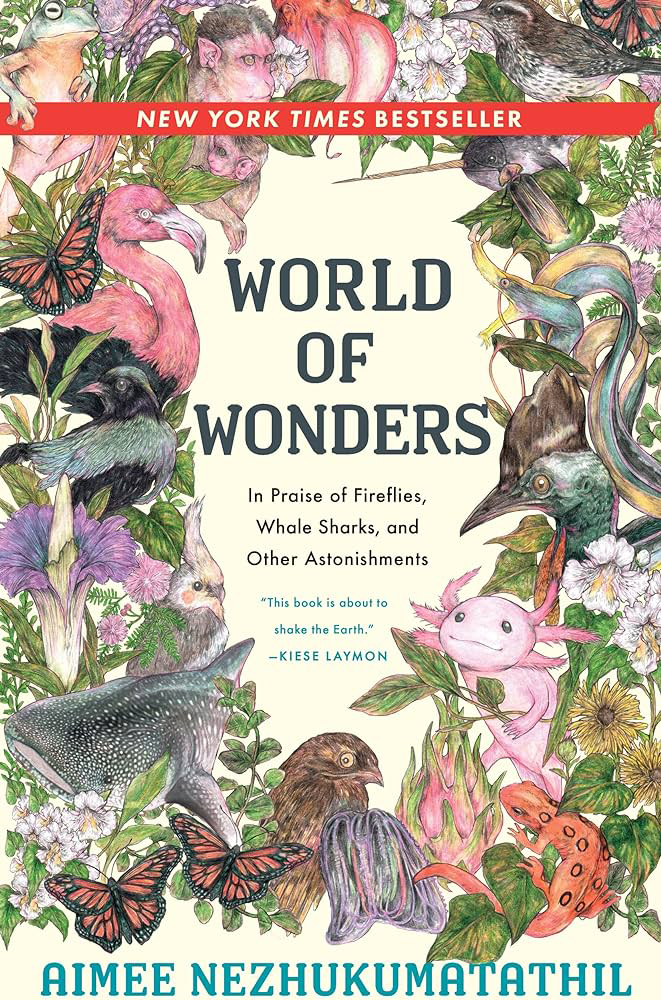Yes. Totally. That random food that you think is the sole culprit for your particular condition (tight jeans, dribbling nose, fatigue, divorce) is absolutely, unequivocally, and singularly to blame. Wasn’t it obvious? Didn’t you see the popup on your Facebook page that said “Never eat these five foods!”, or were you too busy shoving that detrimental-to-your-health banana in your face?
Here’s a quick primer on good food versus bad food: Food you recognize is probably pretty good. Food in a package is probably suspect. But I can recognize a chicken fried steak through a smoke-filled, over-crowded diner, so that might not provide a lot of clarity. The answer to the question “Is it bad for me?” like so many answers is: that depends.
I had a patient in my office this week (and every week, really) who explained to me that she felt quite ill every time she ate dairy. She suffered from stomachaches, cramping, bloating, and the waste byproduct of that sexy combination. Weeks into addressing some concerns she asked, “So is it okay for me to eat dairy?” I suppose, if the patient is partial to blowing up the restroom on a regular basis and never being invited to share a tent then, sure, it’s okay for her to eat dairy.
What may be great for one person (raw dairy has good nutritional value, vitamin D, protein, calcium, good fats) may not be good for someone else. This is why we should celebrate our friends who tout their success with a particular food inclusion or exclusion, even if we think they are crazy. “I stopped eating chocolate,” says my arguably insane climbing partner. I knew she was crazy already, but who the frack doesn’t eat chocolate?! “I feel so much better. It seemed to be triggering my migraines.” I quickly retracted my judgment and reworded it in my head to compassion. I’d probably suffer my way through the migraines.
This is true for diets, too: anti-inflammatory, vegan, paleo, yahdee yah. While we should congratulate our fellow humans for exploring their health potential, their successes or failures within that process do not define our own. Our bodies, lifestyles, genetics, medical histories, and preferences are all different. And no single food is the cause of our crisis. (Except gluten, but that’s not what today’s story is about.)
If our diets are varied and inclusive, if we eat lots of fresh fruits and vegetables, including healthy sources of fats (animal or otherwise), plenty of protein to meet our unique physical demands, and some carbohydrates to fuel our brains and bodies, then we are going to be healthy enough to tolerate the exceptions. Those exceptions are the times we make an informed and conscious choice to eat a donut or drink a double martini.
Peanut butter isn’t making you fat—too much food is. Bananas are not the reason you are insulin resistant—too many carbohydrates and your genes are. Beans are not the reason you are bloated—a diet that doesn’t support healthy digestive function is. Red meat is not going to cause heart disease—industrial meat consumption, stress, poor lifestyle habits, and like five other factors must create that perfect storm.
The next time you find yourself afraid of a single food, take a step back and look at the bigger picture. What properties in that food make you question it? Does it belong to a family of foods that could trigger something (such as nightshades)? Does it bother you? Are you living on just peanut butter or getting variety? In the meantime, eat your veggies and ignore the hype. Life is stressful enough without worrying if almonds are going to cause us diverticulitis or our love of cauliflower is going to trigger low thyroid. Eat often, eat well, and enjoy every bite. //
Ammi Midstokke lives in Sandpoint, Idaho, where she raises her daughter on a deeply ingrained fear of gluten and an arguably dangerous appetite for adventure. Ammi’s Eatology column appears in every issue of Out There, and she also wrote about a Grand Canyon adventure in August.












